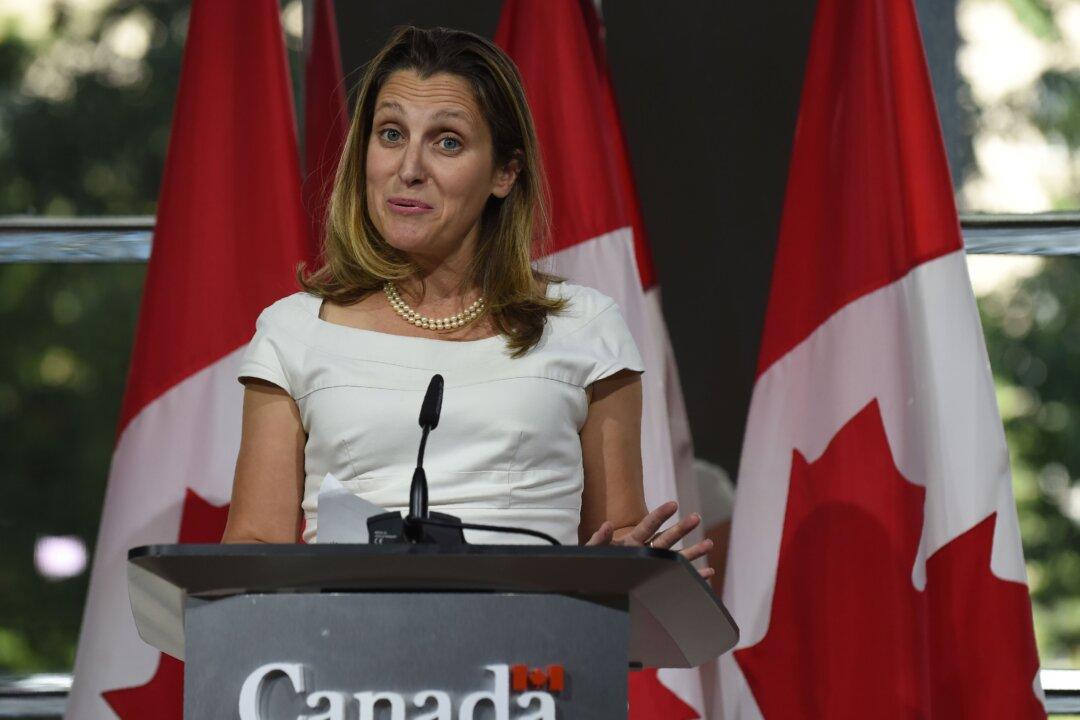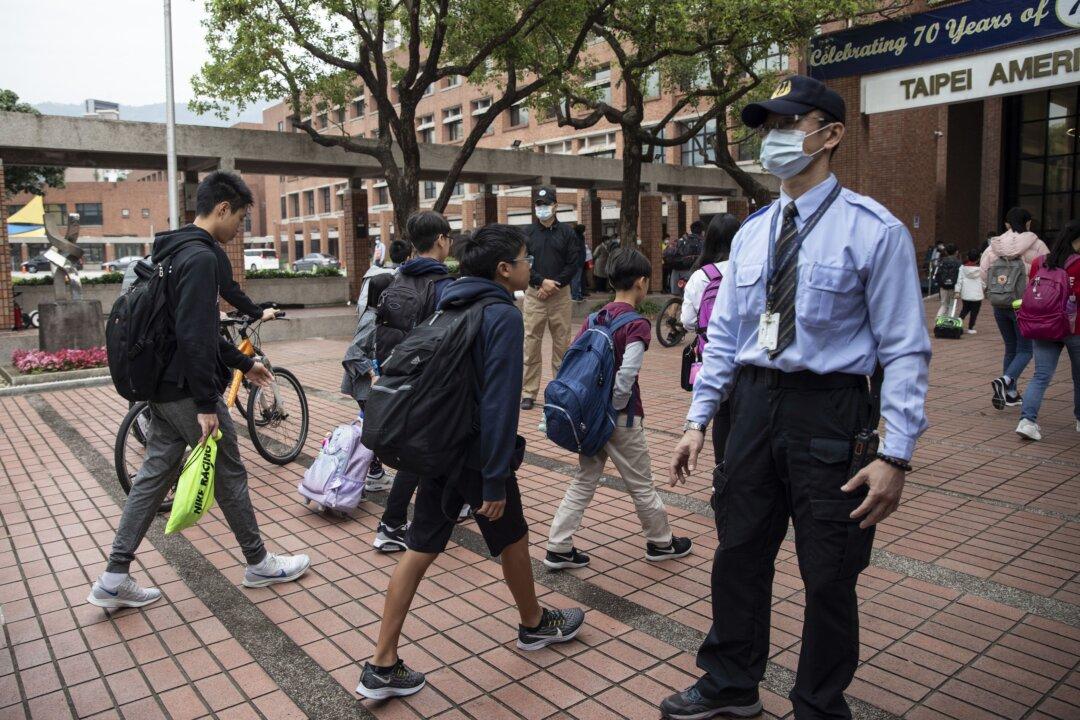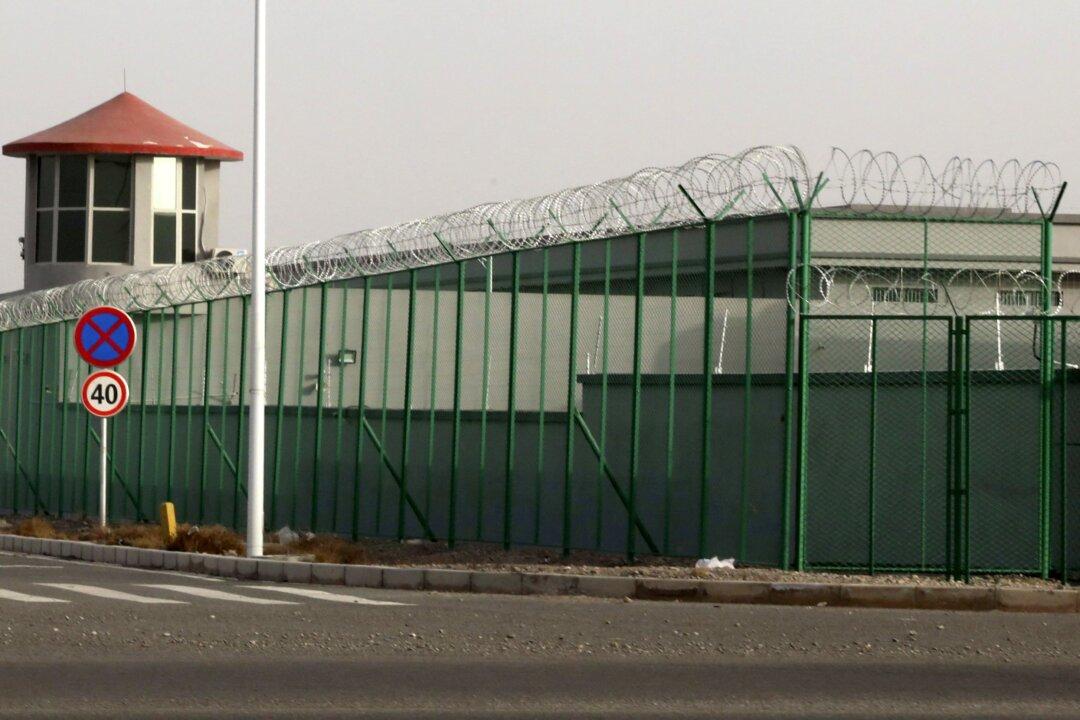Among almost 200 independent nations across the world, there are probably few more different in their national characters than Canada and Saudi Arabia.
The current diplomatic dispute erupted when Canada’s foreign minister Chrystia Freeland tweeted concerns after several social activists were arrested in Saudi Arabia, including Samar Badawi, sister of imprisoned dissident Raif Badawi, whose wife is a Canadian citizen. The language used in the tweet was consistent with past media releases by successive Canadian governments criticizing the Saudi human rights record.





